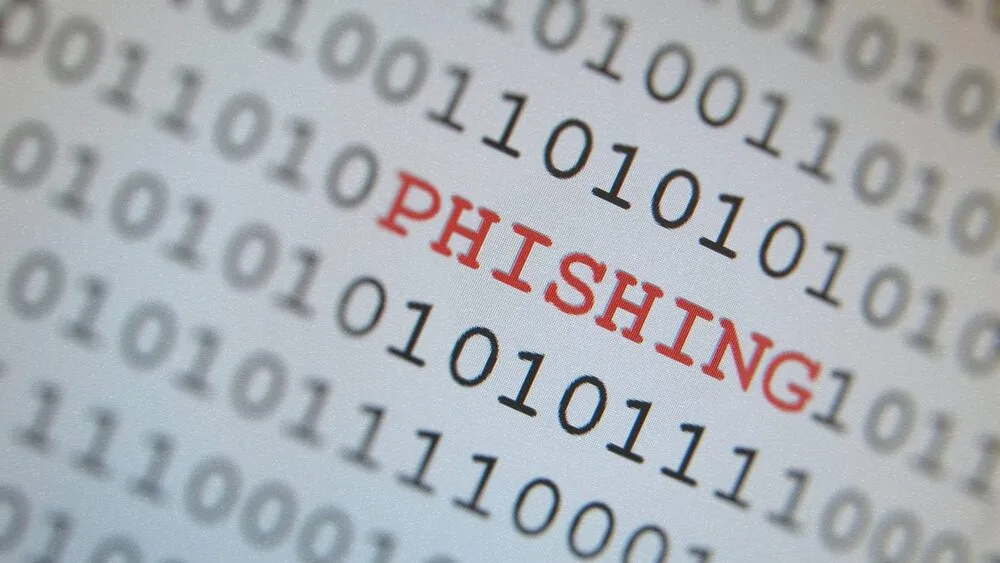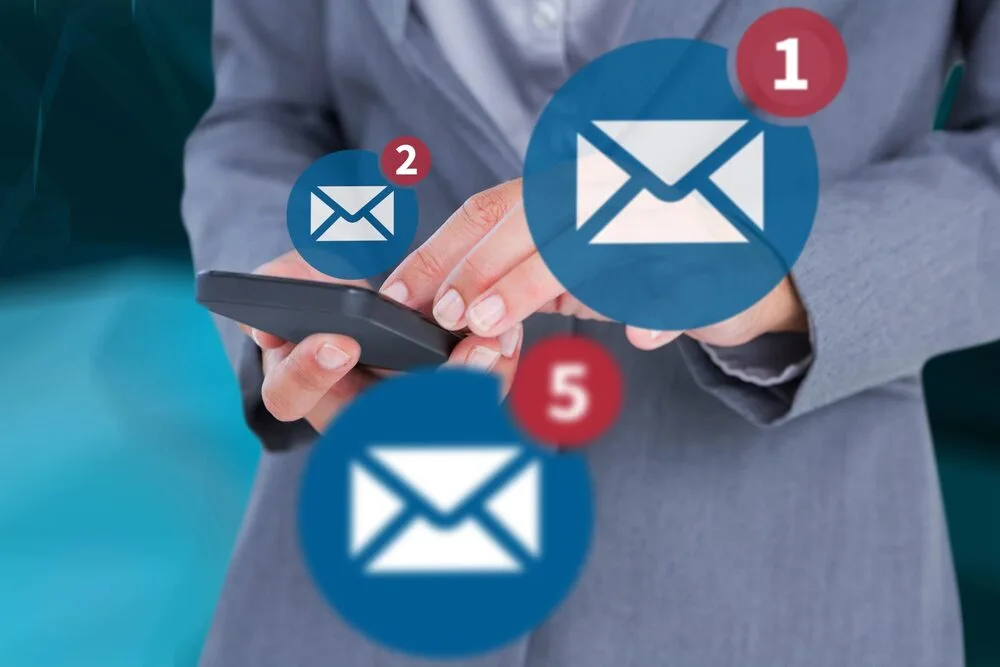Home |
Phishing Attack Trends
to Beware of
April 22, 2022


75% of companies globally experienced phishing attacks. Phishing remains one of the biggest dangers to your business’s health and wellbeing.
Phishing or Phishing Attack is the main delivery method for all types of cyberattacks.
One phishing attack via email can be responsible for a company surrendering to ransomware and having to face costly downtime. It can also lead a user to unknowingly give the credentials to a company email account. By that, the hacker uses company email account to send targeted attacks to customers.
Phishing attack takes advantage of human error, and some phishing emails use worldly tactics to fool the recipient into leak information or infecting a network with malware.
Mobile phishing threats increased by 161% in 2021.
Your best protection against the continuous attack of phishing include:
- Email filtering
- DNS filtering
- Next-gen antivirus/anti-malware
- Ongoing employee cybersecurity awareness training
In order to know what new phishing attack dangers will headed your way, proper training to your employees and upgraded IT Security should implement.
Here are some of the latest phishing trends that you need to watch out for in 2022.
Phishing Attack Increasingly Sent via Text Message


Fewer people are unsure of text messages than they are of unexpected email messages. Most phishing trainings are focusing more on email because it’s always been the most common.
But cybercrime entities are now taking advantage of the easy availability of mobile phone numbers that using text messaging to place phishing attacks. This type of phishing (called “smishing”) is growing in volume.
People are receiving more text messages now than they did in the past, due in large part to retailers and service businesses pushing their text updates for sales and delivery notices.
This makes it even easier for phishing via SMS to fake being a shipment notice and get a user to click on a shortened URL.
Phishing Attack via Business Email Compromise Is on the Rise


Ransomware has been a growing threat over the last few years largely because it’s been a big money-maker for the criminal groups that launch cyberattacks. A new up-and-coming form of attack is beginning to be quite profitable and thus is also growing.
Business email compromise (BEC) is on the rise and utilize by attackers to make money off things like gift card scams and fake wire transfer requests.
What makes BEC so dangerous (and profitable) is that when a criminal gains access to a business email account. Criminals can send very convincing phishing messages to employees, customers, and vendors of that company. The recipients will immediately trust the familiar email address, making these emails powerful weapons for cybercriminals.
Small Businesses Targeted More Frequently With Spear Phishing Attack
No matter how big or small the company is, hackers may still attack the business. Small businesses are targeted normally in cyberattacks. Small and Medium businesses tend to have less IT security than larger companies.
43% of all data breaches target small and mid-sized companies and 40% of small businesses that become victims of an attack experience at least eight hours of downtime as a result.
Spear phishing is a more dangerous form of phishing because it’s targeted and not general. It’s the type deployed in an attack using BEC.
It used to be that spear-phishing was used for larger companies because it takes more time to set up a targeted and tailored attack. However, as large criminal groups and state-sponsored hackers make their attacks more efficient, they’re able to more easily target anyone.
A result is small businesses receiving more tailored phishing attacks that are harder for their users to identify as a scam.
The Use of Initial Access Brokers to Make Attacks More Effective
We just discussed the fact that large criminal groups are continually optimizing their attacks to make them more effective. They treat cyberattacks like a business and work to make them more profitable all the time.
One way they are doing this is by using outside specialists called Initial Access Brokers. This is a specific type of hacker that only focuses on getting the initial breach into a network or company account.
The increasing use of these experts in their field makes phishing attacks even more dangerous and difficult for users to detect.
Business Impersonation Used More Often
As users, we tend to forget being smart by carefully scanning emails from unknown senders. Phishing attackers have increasingly used business impersonation. This is where a phishing email will come in looking like a legitimate email from a company that the user may know or even do business with.
Amazon is a common target of business impersonation, but it also happens with smaller companies as well. For example, there have been instances where website hosting companies have had client lists breached. Those companies sent emails impersonating the hosting company and asking the users to log in to an account to fix an urgent problem.
More business impersonation are using in phishing attacks. Mean users have to be suspicious of all emails, not just those from unknown senders.
Is Your Company Adequately Protected from Phishing Attacks?
It’s important to use a multi-layered strategy when it comes to defending against one of the biggest dangers to your business’s wellbeing. Start with a cybersecurity audit to review your current security posture and identify ways to improve.
CloudConsole, understands the threat that may occur to your business. As an IT Provider, we offer expert IT services for your office Data protection and additional layer of security. Schedule an appointment with us! or email us at info@cloudconsole.ph.
This Article has been Republished with Permission from The Technology Press.
